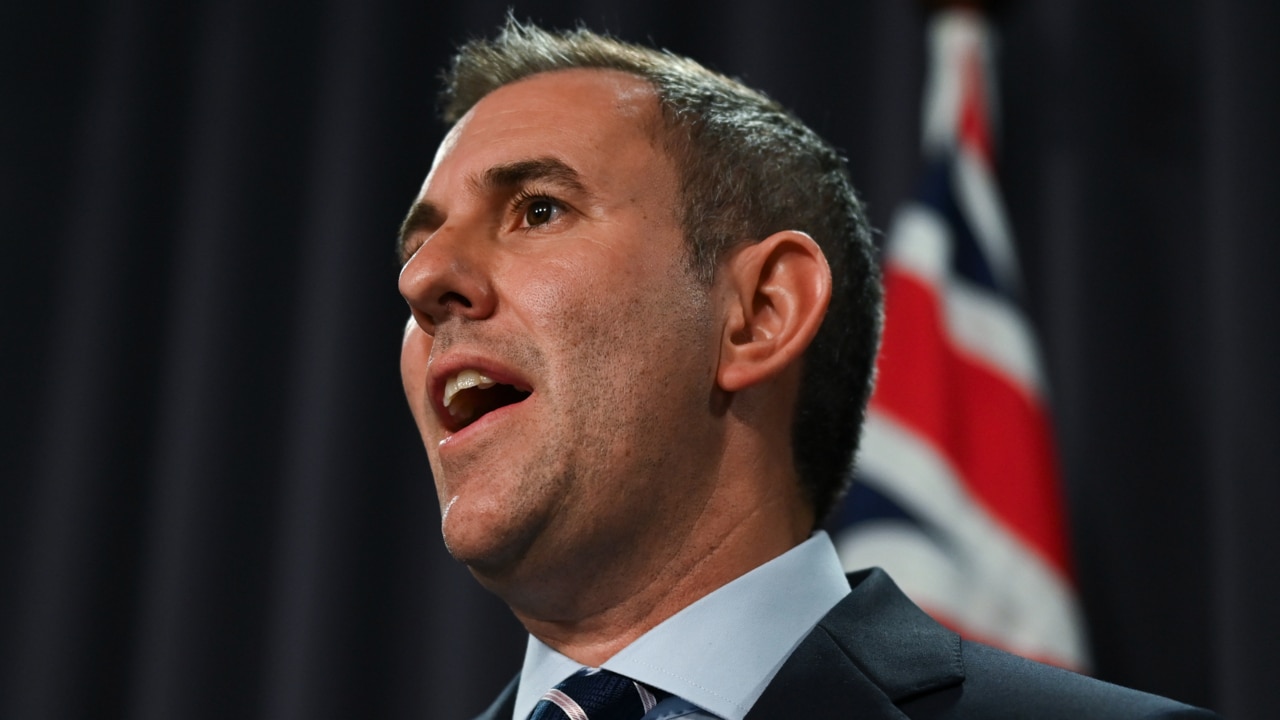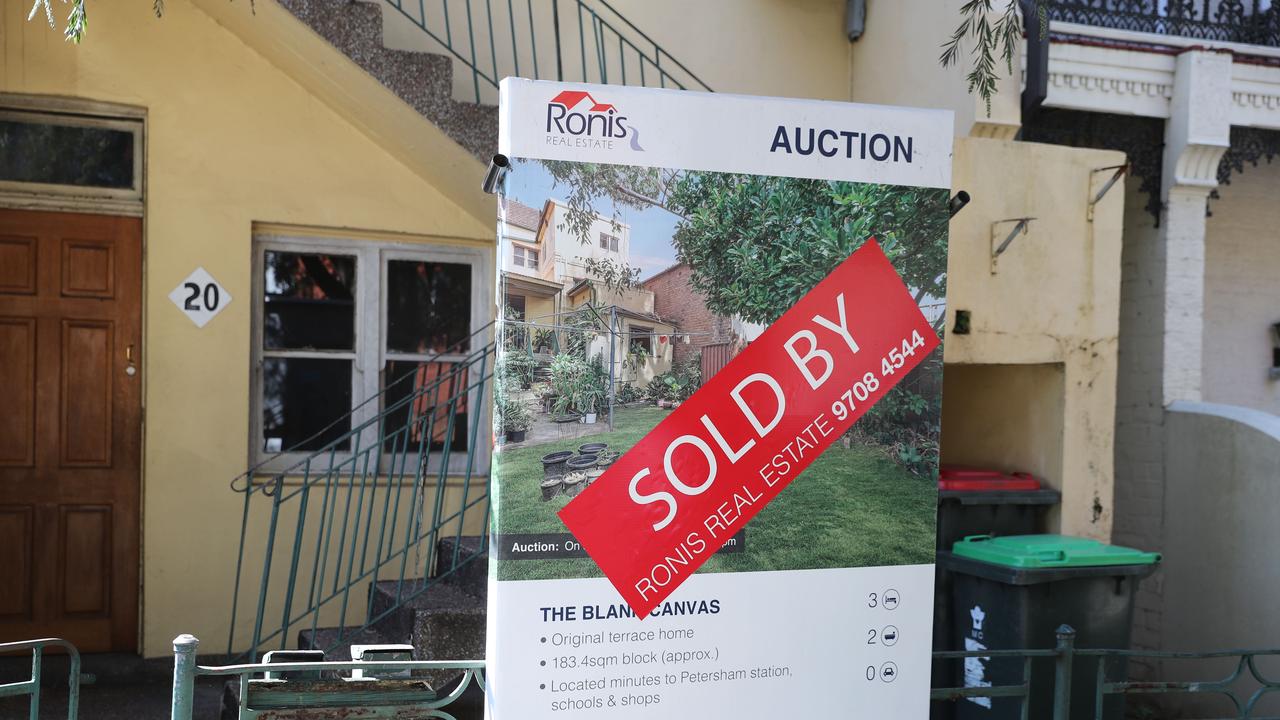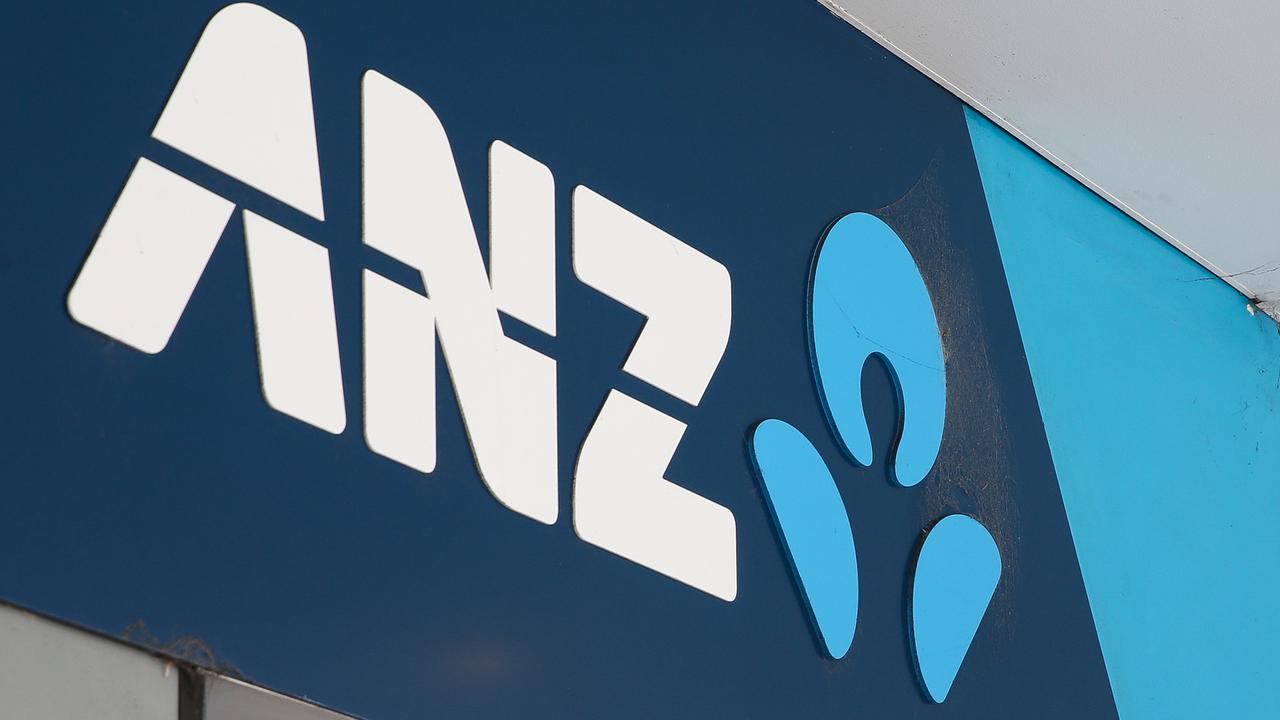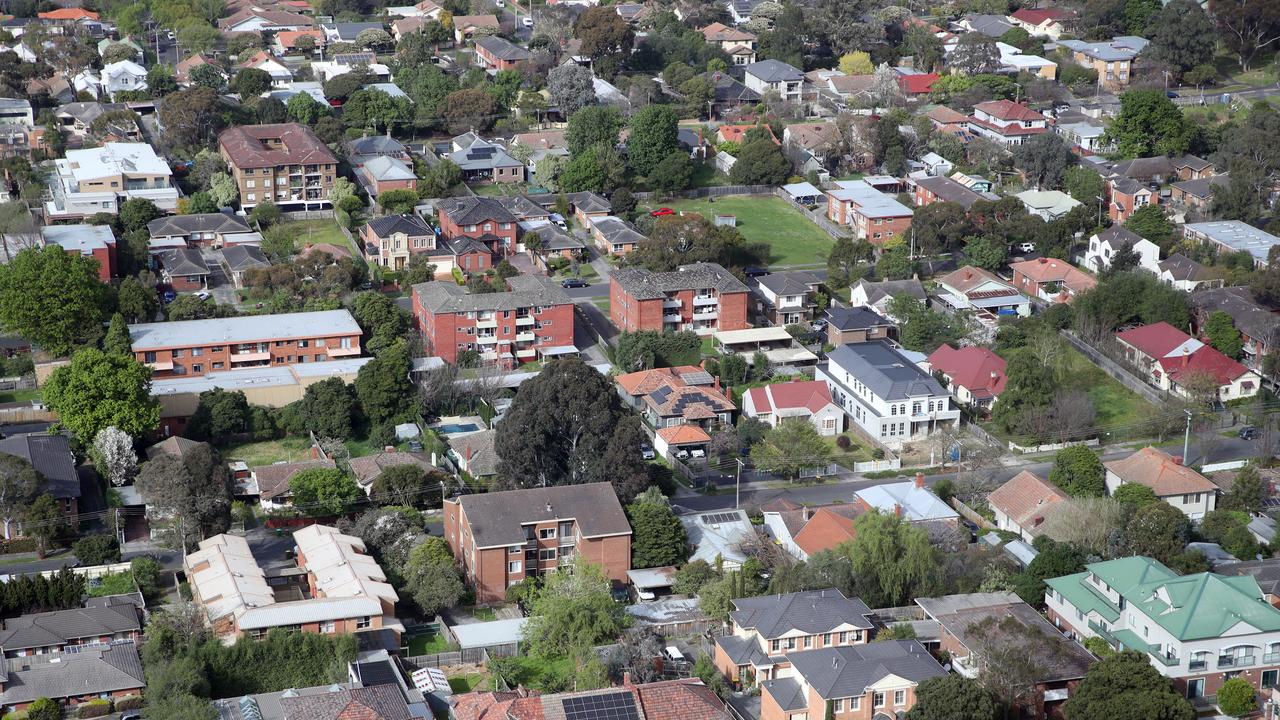Finder research reveals average Aussie salaries unsuitable to keep paying mortgage repayments
Aussie home buyers are needing nearly double the average full time salary to be able to afford a home, devastating new research reveals.

Aussie home buyers are needing nearly double the average full time salary to be able to afford a home, with the pain only increasing after the national reserve bank hiked the cash rate again.
The latest Finder research revealed the minimum household income required to afford the mortgage average Australian house is $182,000, while those owning units need about $130,000.
The average full time salary of almost $96,000, according to ABS data, leaving homeowners digging deep into their pockets to be able to afford their mortgage.

Finder’s head of consumer research, Graham Cooke, said the prospect of owning a home is dwindling for new buyers trying to get into the market.
“People are looking at stretching themselves financially in order to purchase a property.
“Whilst not impossible, there are a lot of things to consider for those aspiring to own a home.”
The Reserve Bank of Australia lifted the official cash rate by 25 basis points to 4.35 per cent on Tuesday.
The latest rate rise means having a $182,000 annual salary is now the minimum income to afford the average home in the county.
The Finder data revealed those looking to buy in a house in Sydney will need an average household income of $261,773 to comfortably afford their mortgage, while in Melbourne they would need a yearly salary of $171,235.
Meanwhile, in Brisbane, the minimum income required to purchase a house is $155,489, while in Canberra, homeowners would need $186,980.
In Adelaide, homeowners would need to earn $139,743 for the average price of $710,000 house. For a unit, South Australians would need to earn at least $90,538.

Mr Cooke said the latest RBA decision would mean more pain for homeowners.
“Mortgage holders are already on the ropes, the last thing they wanted was another slug from the RBA,” he said.
“Aussies with a $590,000 mortgage will now be forking out roughly $1,345 more per month than they were in April last year.
“That’s a huge amount of extra money to be spending on your mortgage, especially when the cost of almost everything else is also going up.”






